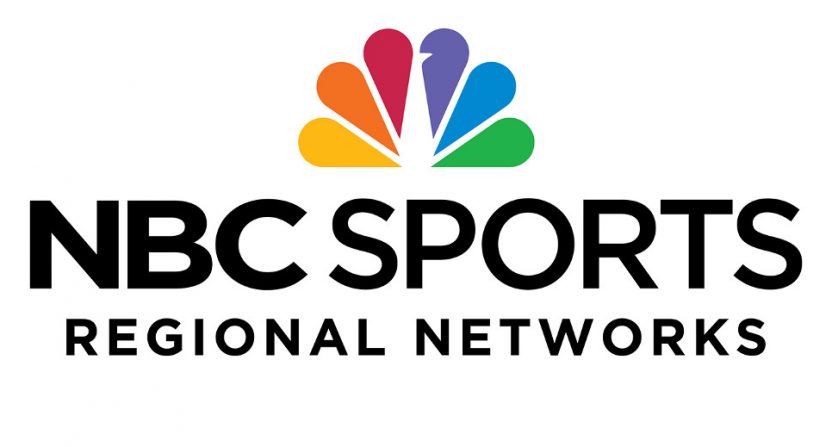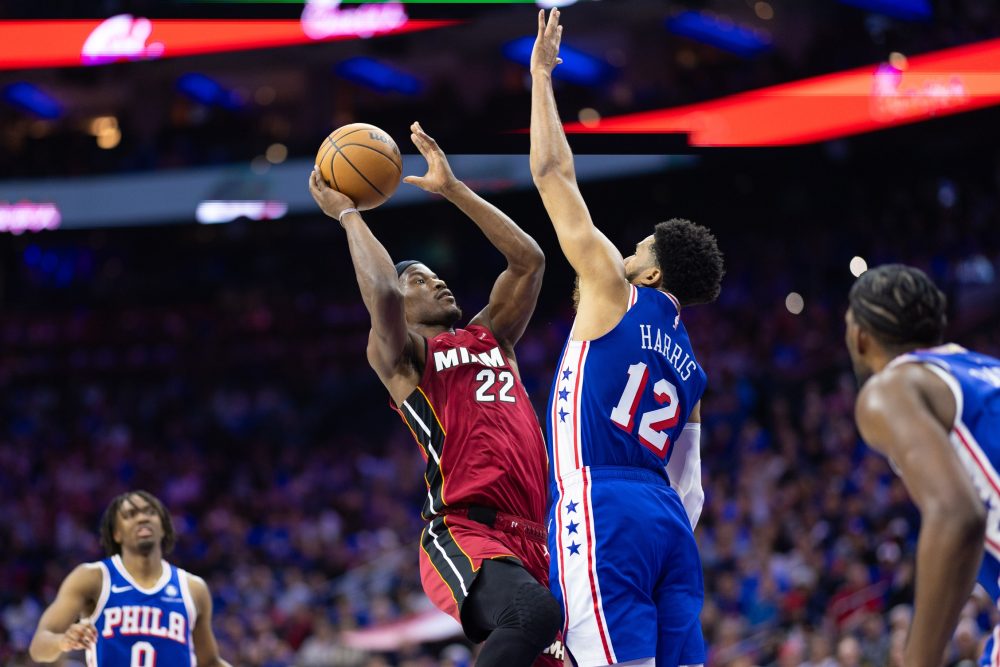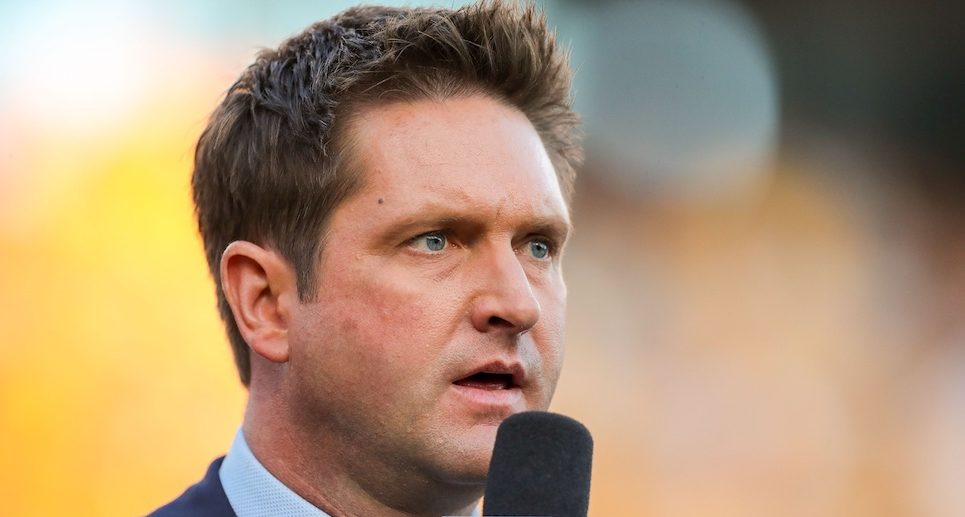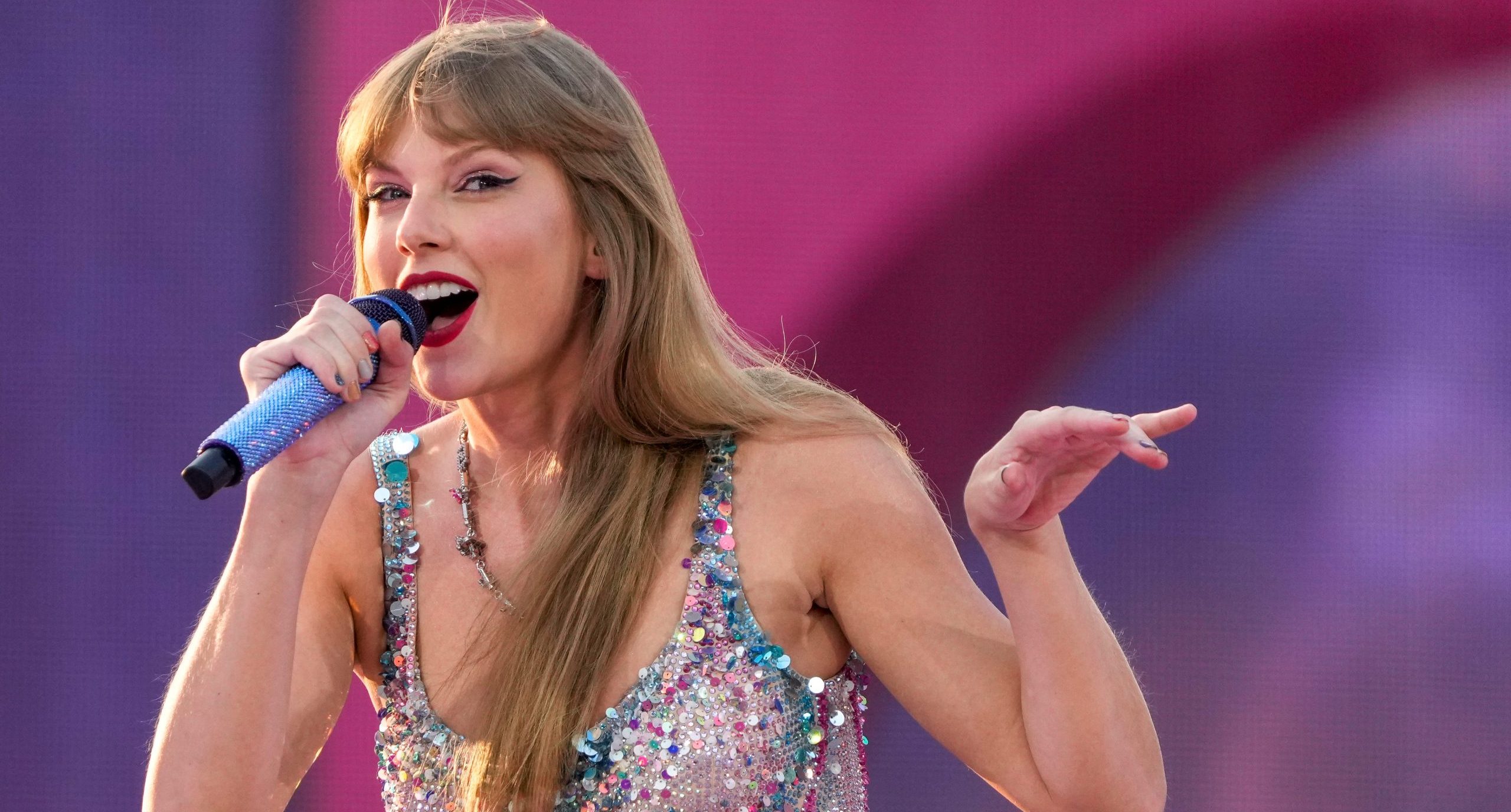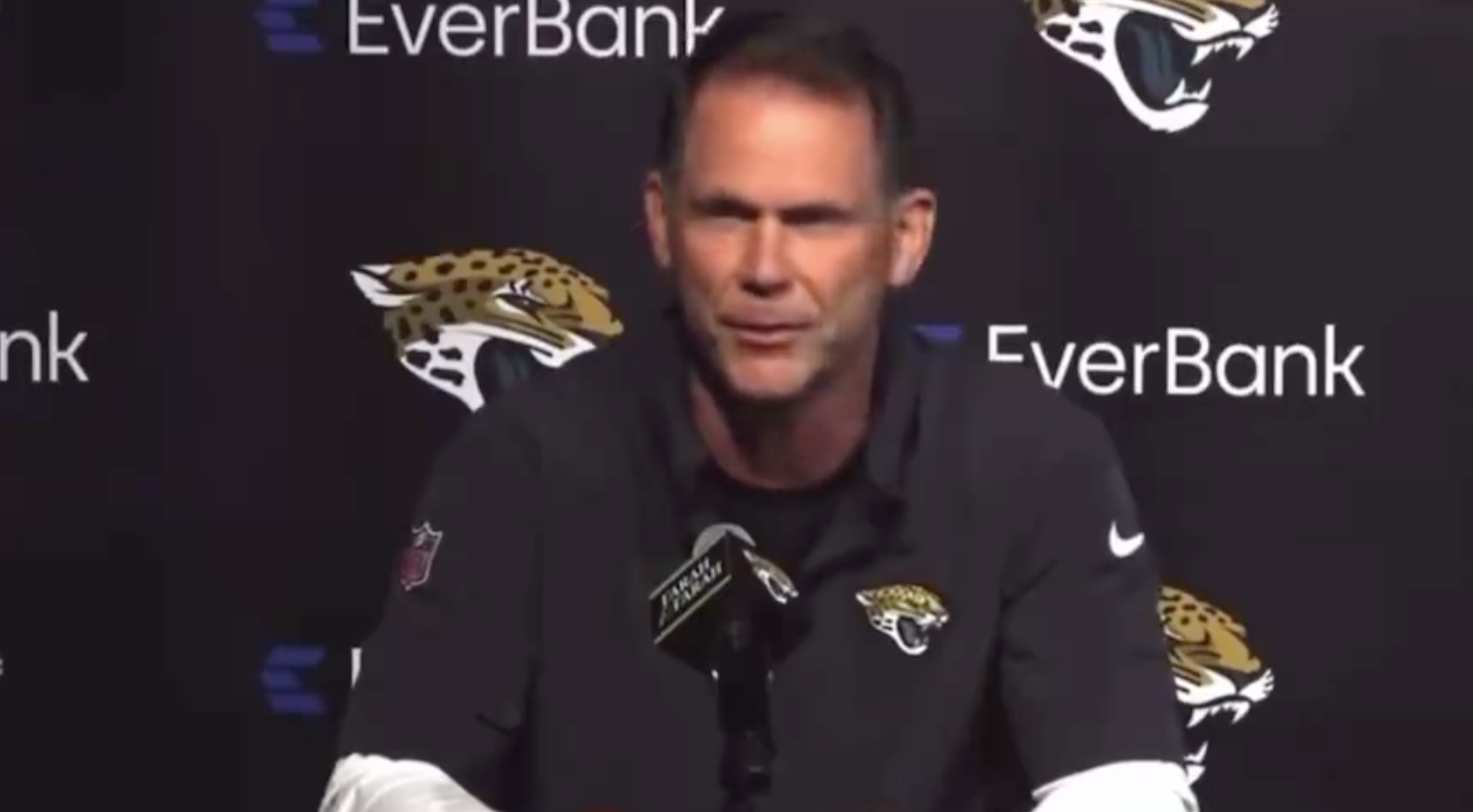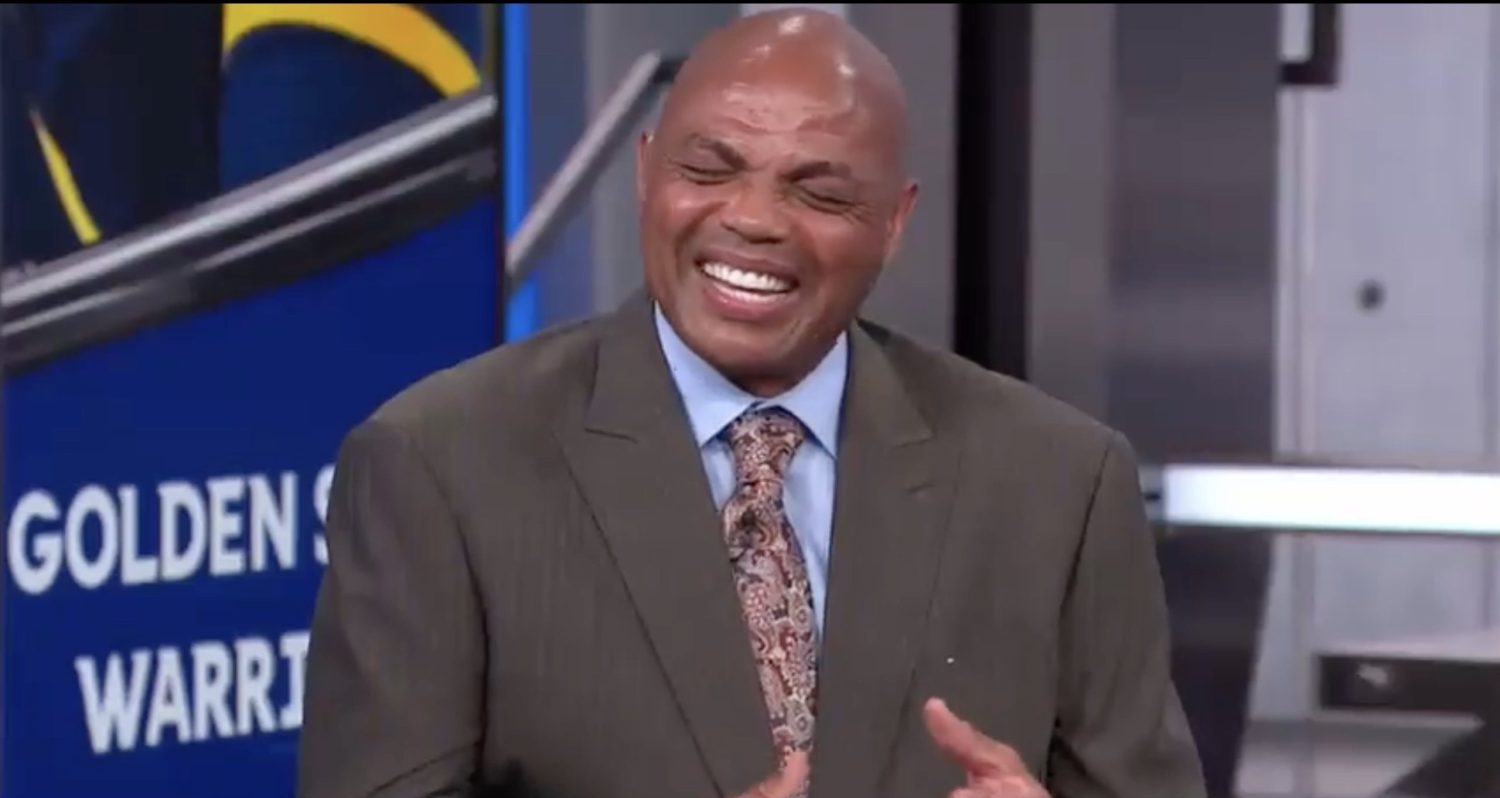It appears that NBC Sports’ wide-ranging layoffs this week may lead to some significant changes in their regional sports networks’ game presentations. On Wednesday, Kevin Kinkead of Crossing Broad covered the layoffs at NBC Sports Philadelphia, and he included a paragraph about how some of the layoffs here (including Phillies’ field reporter Gregg Murphy) are expected to reflect wider changes coming to NBC Sports Regional Networks’ broadcasts after this year’s current seasons wrap up. Notably, Kinkead wrote that these regional networks “will be doing away with sideline reporters entirely, once the current basketball and hockey seasons are over.” Here’s his full paragraph on that:
Additionally, we’re being told that NBC regional networks will be doing away with sideline reporters entirely, once the current basketball and hockey seasons are over. As such, Serena Winters and Taryn Hatcher will finish out their respective duties with the station before moving on to new roles or new jobs entirely. It’s possible that one or both will see out their contract. (edit for clarification: Hatcher, we’re told, is not technically a “sideline reporter” per her contract, but a source explained that the network is moving away from in-game reporting that takes place outside of the broadcast booth)
Kinkead also noted on Twitter that two sources told him this is happening across NBC’s RSNs:
Two sources say "the NBC Sports regional networks are completely doing away with sideline reporters at the end of the current seasons" https://t.co/HjrijDlDRV
— Kevin Kinkead (@Kevin_Kinkead) August 5, 2020
That would be a pretty massive change for NBC Sports’ regional networks. NBC has seven owned-and-operated regional networks: NBC Sports Philadelphia, NBC Sports Boston, NBC Sports Washington, NBC Sports Chicago, NBC Sports Bay Area, NBC Sports California, and NBC Sports Northwest. As per that page, those networks currently broadcast games from seven NBA teams (the Philadelphia 76ers, Boston Celtics, Washington Wizards, Chicago Bulls, Golden State Warriors, Sacramento Kings, and Portland Trail Blazers), five NHL teams (the Philadelphia Flyers, Washington Capitals, Chicago Blackhawks, San Jose Sharks, and Vancouver Canucks, although the Canucks’ broadcast on NBC Sports Northwest is just a retransmission from Sportsnet Pacific, and that may change with the Seattle Kraken entering the NHL), four MLB teams (the Philadelphia Phillies, Chicago White Sox, San Francisco Giants, and Oakland A’s), and two MLS teams (the New England Revolution and San Jose Earthquakes). They also show assorted NCAA, junior hockey, and lacrosse games and other content. So those are a lot of game broadcasts that could be without in-game reporting going forward. (Of course, some of these broadcasts already don’t feature a sideline or field reporter, including the Chicago White Sox.)
The latest
And if this does happen across NBC’s regional networks, they may not be the last company to do this. There’s no reporting out there yet that other RSNs might move away from in-game reporting, but if NBC does this and doesn’t take too much backlash for it, other RSN operators may follow. And that’s perhaps especially true with the crunches RSNs are facing at this point in time. NBC parent company Comcast already issued some regional sports fee refunds to consumers, and Sinclair, which now owns the 21 former Fox Sports regional networks (they also own the new Marquee Sports Network, and they have a stake in YES), is reportedly going to owe more in rebates to providers than it gets back in refunds from leagues. AT&T and Charter are also facing issues, and their RSNs could definitely see cutbacks as well if others are doing that. And that could also be the case for the independent RSNs.
If this does happen with RSNs (at NBC’s RSNs or beyond), it doesn’t necessarily mean that it will also happen at national networks. The likes of ESPN seem to be doing better at the moment, and they also seem to have longer windows to make up their promised numbers of events. Of course, there are still plenty of other revenue issues for those national networks at the moment, and we have seen layoffs at Fox recently, so we could see national networks potentially decide to eliminate some in-game reporting positions as well. But that isn’t necessarily assured just because some (or even all) RSNs go that way.
Overall, if this elimination of in-game reporting happens across NBC RSNs as per Crossing Broad’s report, that could signify major change for the U.S. broadcasting landscape. Of course, there’s always the chance that it’s just limited to NBC’s networks and that other networks proceed as normal. But even that would be a big change from what we’ve seen before, given how many different teams these NBC networks cover. We’ll see what happens here, but this is certainly a notable report, and one worth discussion.

